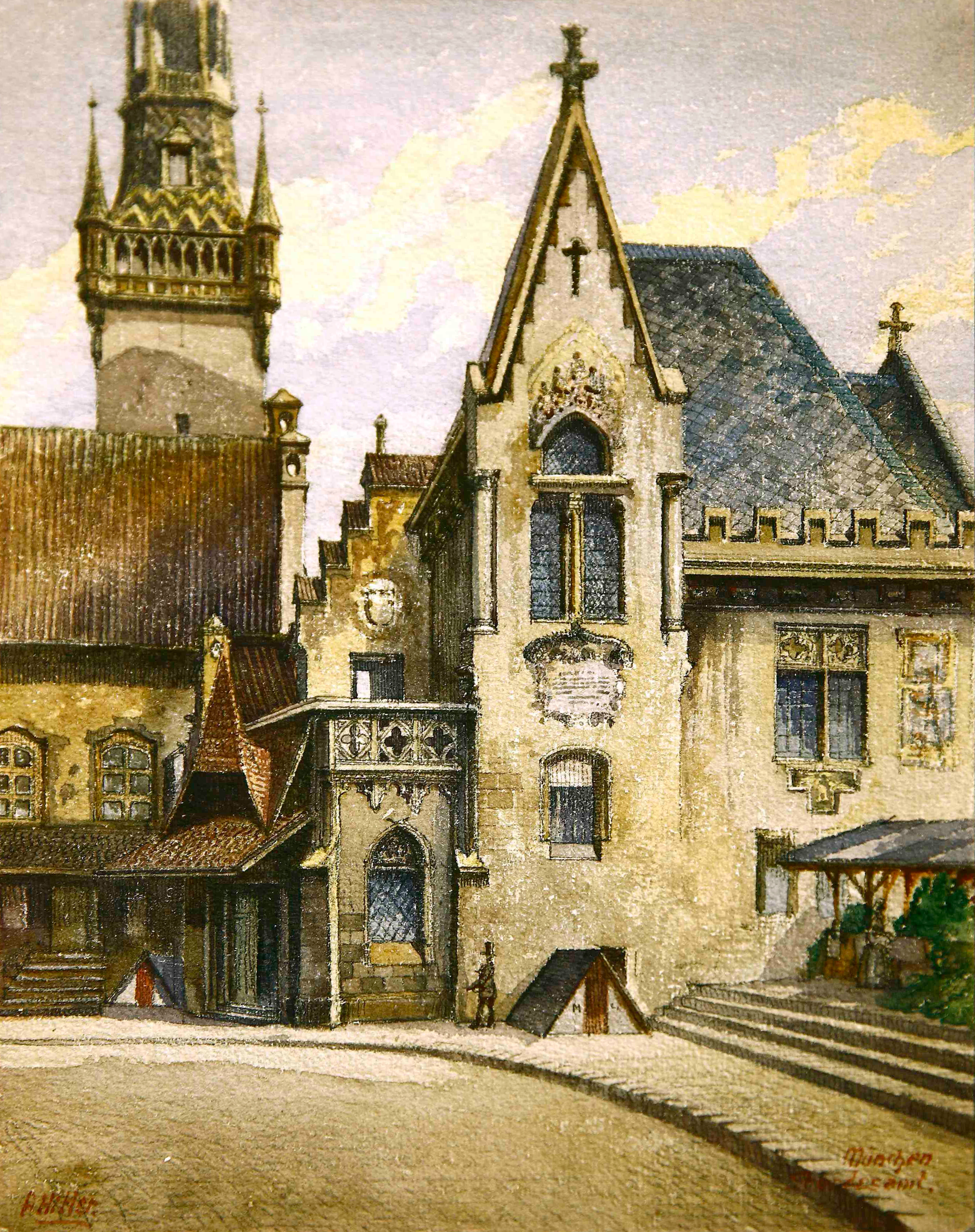The date is 8 November 1939, the location – the Bürgerbräukeller beer hall in Munich. With their uniforms freshly pressed, their buttons gleaming, their shoes polished, Hitler’s longest-standing comrades filed into the hall, their chests puffed up with pride, their wives at their sides. This event, on this day, had become an annual occasion in the Nazi calendar, a ritual of celebration and remembrance. The climax of the evening, awaited with great anticipation, would be Hitler’s appearance and his speech in which he would praise and pour tribute on these self-satisfied men, his old-timers.
But there was one man who awaited Hitler’s appearance with equal anticipation – but for entirely different reasons. This man was a 36-year-old carpenter, Johann Georg Elser, born 4 January 1903. For Elser, a long-time anti-Nazi, had planted a bomb with the full intention of killing Adolf Hitler. And his bomb was due to explode halfway through the Fuhrer’s speech.
Kill Hitler
 Georg Elser had always been quietly defiant in his hatred of the Nazi regime – he’d supported the communists and, once Hitler was in power, refused to give the Nazi salute. He feared Hitler’s aggressive warmongering and foresaw the coming of war and resolved himself, in his own way, to do something to prevent it – and that was to kill Hitler.
Georg Elser had always been quietly defiant in his hatred of the Nazi regime – he’d supported the communists and, once Hitler was in power, refused to give the Nazi salute. He feared Hitler’s aggressive warmongering and foresaw the coming of war and resolved himself, in his own way, to do something to prevent it – and that was to kill Hitler.
Exactly a year earlier before the fateful night, on the 8 November 1938, Elser attended the same annual commemoration in Munich marking the anniversary of Hitler’s failed Beer Hall Putsch of 1923. And it was this annual event, he decided, that would provide the perfect opportunity to implement his audacious plan. The following night, he witnessed first-hand the vicious Kristallnacht, when Nazis throughout the country terrorized Germany’s Jews in a concentrated orgy of killing and violence. Seeing for himself this state-sponsored anarchy merely confirmed for Elser that what he was doing was right.
Elser spent the next year preparing. Each year on 8 November, since 1933, Hitler had come to the same beer hall and delivered a two-hour speech, starting at 8.30, the precise time that, in 1923, he had bulldozed into the hall brandishing a pistol, interrupting a meeting of Bavarian city officials and, firing two shots into the ceiling, declared revolution. The Beer Hall Putsch failed but had become an occasion to honour and remember the Nazis that had fallen that night in Munich.
 Born 7 June 1837, Alois Schicklgruber was the son of a 42-year-old unmarried
Born 7 June 1837, Alois Schicklgruber was the son of a 42-year-old unmarried  So how did the future dictator start off as an artist?
So how did the future dictator start off as an artist?